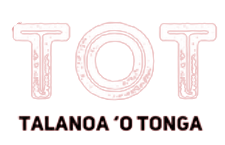During the Regional Workshop on Skills Development held last week in Apia, Samoa, Dr. Opeti Pulotu, CEO of the Tonga National Qualifications Authority Board, stressed the importance of aligning qualifications with both local and global demands.
“By harmonising our qualifications frameworks with both national and international skill demands, we can ensure that our workforce is exceptionally equipped for local opportunities while remaining highly competitive on the global stage,” Dr. Pulotu said.
The workshop brought together over 40 participants, including officials from qualifications, trade, and labour mobility sectors, and private sector representatives from the 10 PACER Plus countries. The workshop aimed to align training programs with industry needs, ensuring a workforce equipped for both current and future market demands.
Ms. Lita Lui, CEO of the Samoa Chamber of Commerce and Industry, confirmed the importance of involving the private sector in skills training. “Engaging the private sector in the design and implementation of the National Workforce Plan is vital to ensure that industry demand is met. When businesses are involved in shaping this Plan and its training programs, we can create a workforce that is ready to meet the current and future needs of the market,” she said.
This event supports the PACER Plus Agreement and the Arrangement on Labour Mobility, aiming for sustainable economic development through enhanced skills development.




